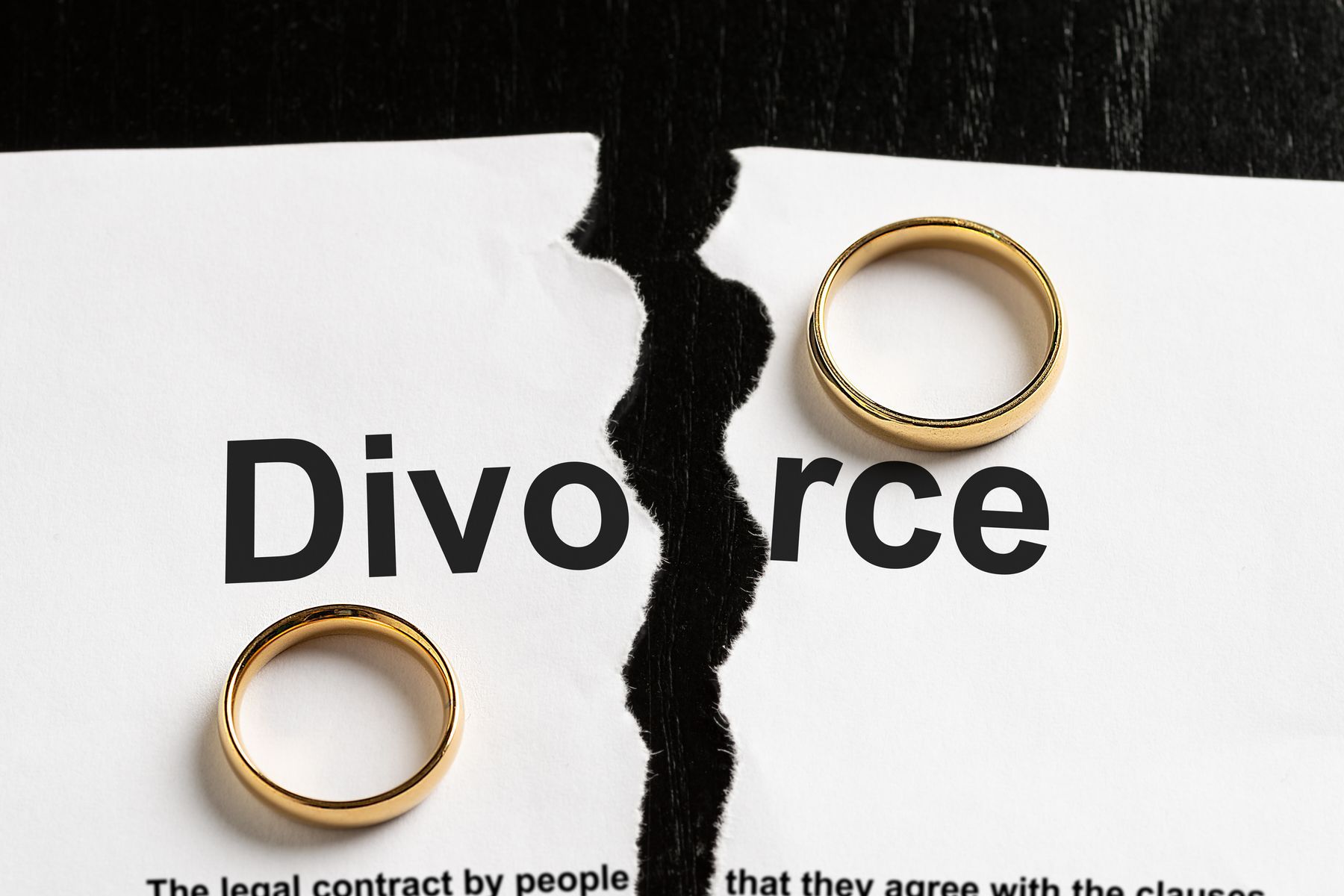Are you worried about preserving your credit after divorce? Problems with credit can happen with divorce, but there are steps you can take now to protect yourself. If you need to preserve your credit or shield yourself from debt, speak to a divorce lawyer for advice.
Keeping Debt Separate During Marriage
During your marriage, you can take action to protect your credit from your spouse’s debts. You may know that your spouse has significant debts that you don’t want as a joint financial burden. If your spouse agrees, you can sign a postnuptial agreement (postnup) or a separation agreement regarding the debts. The agreement should specify that debts remain your spouse’s separate property in the divorce. Signing this kind of agreement can protect your credit and keep you from being liable for your spouse’s debts. You and your spouse should have separate lawyers representing you when you enter into a postnup or separation agreement to safeguard your rights.
Debts and Divorce
Debts owed by you or your spouse separately could affect your credit after divorce. Moreover, if you and your spouse owe joint debts, these could become a factor after divorce too. During the property distribution process that happens in a divorce, the judge will decide whether your debts are separate or marital property. Marital debts (if not paid off in the divorce) will become your joint responsibility after divorce. If your spouse doesn’t make payments, you could be on the hook for the debt.
Even “separate” debts owed by one spouse could be considered marital property. For example, if you took out student loans while you were married, the loans might be marital property. Your efforts to increase your education would also benefit your spouse (by increasing your earning potential, etc.). Moreover, your spouse may have been the sole income earner while you went to school. These facts could play into the judge’s decision about who should take on the debt after divorce. Having debt could affect your post-divorce credit.
Paying Off Debts in the Divorce
Some couples agree to pay off debts during the divorce process. This could help your credit prospects as you move forward with life. You won’t have to worry about your ex failing to make debt repayments, landing you with the bill. To form an agreement about debt repayment, speak to your lawyers about your wishes. You may be able to arrange negotiations, a mediation, or a collaborative divorce process to reach an agreement about paying off the debt. Because carrying joint debt after divorce can be difficult, consider how you can compromise with your spouse and get rid of the debt.
Joint Accounts and Divorce
During marriage, many couples maintain a joint bank account. It can make paying joint expenses a lot easier while you are together. But if you’re planning to divorce, you need to consider how the joint account will affect property division. It will likely be considered marital property that gets divided between spouses during divorce.
If you have a joint account, make sure you find a knowledgeable divorce lawyer who can advise you on how to handle your individual situation with a joint account. For example, you may need help protecting yourself if you fear that your spouse will hide assets or remove funds from the joint account. Talk to a lawyer to learn more.
Your Credit Score After Divorce
Finally, divorce can affect your credit score. You should pull copies of your credit reports from the three major credit reporting agencies as you go through a divorce. These reports will show accounts you have open, the debt you hold, and your available credit. They can help your lawyer and the court, who need to know about all assets and debts on your record. If you suspect that your spouse may have opened accounts that you don’t know about, a credit report can reveal them.
Pulling your credit reports can help you track your credit score as well. You may be able to improve your credit by taking steps such as agreeing to pay off debt in the divorce settlement. Or you may realize that you need to make changes to your spending post-divorce. Divorce can change your financial situation due to child custody, alimony, and other factors. Finances should be an important consideration as you negotiate with your spouse during the divorce process.
Credit Questions During Divorce? Let New Direction Family Law Assist You
During divorce, credit and debt may become major considerations for you and your family. If you are considering ending your marriage, call the team at New Direction Family Law. Our lawyers will help you understand your legal rights and work hard toward your best outcome. Contact New Direction Family Law at (919) 646-6561 to schedule a consultation, or visit us at our website.





